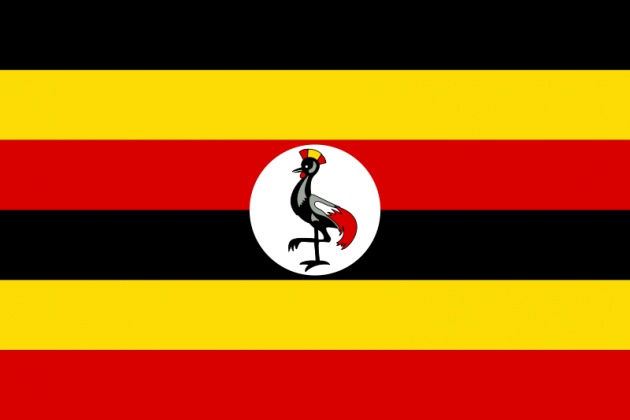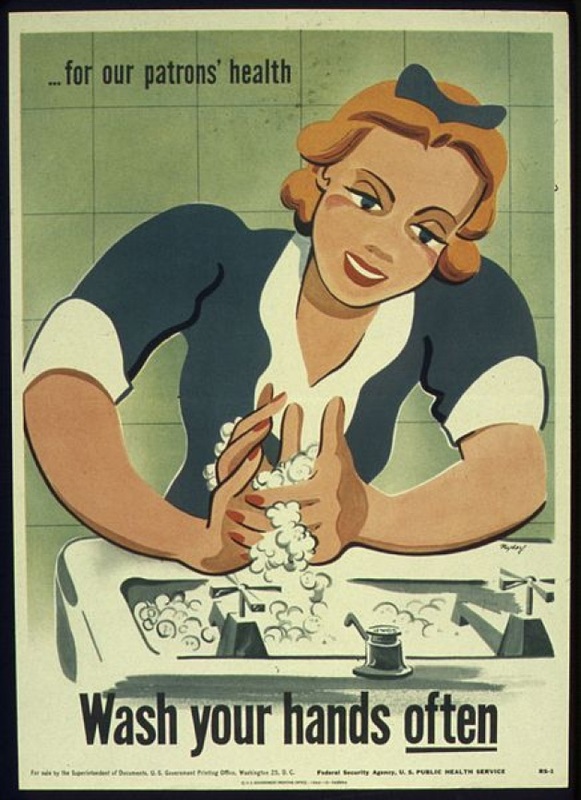|
In 2013 I interviewed Eryn Wright a woman who could teach me a thing or two about female empowerment. She is Canandian and decided to go to Uganda and work in a hospital there. Her work with women who have HIV in Uganda redefines the term women for women. She made me wonder how can you empower women who exist in another culture and face heavier obstacles? Can you empower women you don't understand? How can you better understand the cultural differences and effect change within them? Should you try and effect change? Our conversation is too long to include here in one blog, so I've put the first half in this blog and the second half will soon follow. (This is a repost from a previous publication on the website 'Filmannex' in 2014) Lillian: WHAT MADE YOU DECIDE TO GO TO UGANDA AND WORK IN A HOSPITAL THERE? Eryn: I've wanted to go to Africa since I was a little girl, since I was four. My mom thought I was crazy. It didn't have to do with wanting to help people necessarily, I would love if I was that kind of kind soul, but I just fell in love with the landscape, and the music. There's this kind of mystery to it, this beauty it has. Almost this tragic beauty. It's very raw, and because it is so raw it shows more of yourself than any other place in the world. They say if you go and you love it, it's a place you'll go back to for the rest of your life. WHEN YOU SAY IT'S RAW, WHAT DO YOU MEAN? It strips you down, and shows you who you really are. What you can take, what you can handle, what you can't. What are the things that are important to you? You don't have internet all the time, and you don't have the same luxuries that we have here, so you're forced to see how can you manage. It's really raw and honest. Both physically and emotionally it strips you down and bares you for yourself and others to see. The people you're with, they get to go along on that ride with you, so it can be quite bumpy sometimes. WHAT WERE YOUR EXPECTATIONS? WERE THEY REALISTIC, OR VASTLY DIFFERENT FROM WHAT YOU EXPERIENCED THERE? The good thing about having traveled so much in the past, is that I went in with pretty much no expectations. I just figured let's see what happens. I knew it would be challenging, they were probably going to get me to do more than I was comfortable with so I tried to set boundaries for myself. They changed once I got there, but I really tried to make rules for myself that I tried not to break. Just because I was working in a hospital didn't mean I was a doctor, and I wasn't going to do things that would put people's lives at risk. A lot of people think 'oh it's Africa, and that doesn't mean the lives are worth the same as they are here.' And ethically speaking, you have to pay attention to that, and you have to be careful with that. IN YOUR BLOG YOU TALK ABOUT A BASIC RULE, TO WASH YOUR HANDS WHEN THEY GOT BLOOD ON THEM. AND HOW IT WAS SO DIFFICULT TO KEEP THIS RULE, BECAUSE THERE WAS NO SOAP. Yes, no soap, no water, and sometimes there were no gloves. I had run out of the box my mom had gotten for me, and I was letting some of the other students use my gloves, because I didn't want them to be treating patients without gloves either. And so I started sharing them and before I knew it they were quickly gone, and the hospital didn't have any more. IT'S GOOD YOU HAVE THESE RULES BUT IT MUST HAVE BEEN FRUSTRATING TO NOT BE ABLE TO ALWAYS FOLLOWED THROUGH WITH THEM. Yeah it was. And I could've said no, but you're doing this, and think 'should I leave the patient without care and take care of myself?' It's really hard, and when you're in the moment nothing you've ever thought before really matters. You're just in that moment. You have to live with your decisions afterward. HOW WOULD YOU DESCRIBE A TYPICAL DAY IN UGANDA? I would wake up in the morning very early at 6:30/7. I would drag myself out of bed. It's very very hot, especially when you've been sleeping all night, and you're very sticky. They actually had a small TV there, so if the power was on we were able to watch the news, Al Jazeera news. Sometimes we showered before, it all depended on who wanted to shower first, and by shower I mean take a bucket outside and try to wash yourself. Wash your hair if you can, you get really good at it. I'd put my scrubs on and grab a pen. I would go off in one direction and the other volunteers were going in another direction. I would walk to the hospital and on the way I would run into a lot of children. They'd run up to me and say, "Mzungu, Mzungu" which is Lusoga for 'white person', and some of them would hold my hand. A couple of the girls who I became fond of would try and teach me some of the language. They would find it funny. I think they just wanted me to learn the language, and once they found out I was learning the language I think they were happy. They'd laugh and say, "she's learning Lusoga". I think they didn't expect me to stay that long. I'd show up to the hospital and they'd say, "You're still here! Most people have left by now." Most mornings were nice and easy. I'd go into prenatal and help them set up. It would get really hot very very quickly. Especially in the scrubs, you'd feel the heat very quickly. So I'd sit down and start going through the patients. Sometimes we'd have 60 women. Depending on the day. Always more than 30. It was quite packed. It was a rather small room and they'd all sit on benches. It was a lengthy process doing it all by hand. I would either take their blood pressure, or weigh them, register them, go through what I knew how to say. "What's your name? How old are you?" We'd mark down whether this was their first baby, second baby, third baby, and how far along in their pregnancy they were too. These were some of the things they taught me to do. They'd give these educational talks to the women, and they went through and found out who had been HIV tested. This is Part I of my conversation with Eryn Wright about her trip to Uganda. For Part II click here.
0 Comments
Leave a Reply. |
AuthorI am an advocate for gender parity in the entertainment world and write, act, and produce with a mind to facilitate that change. Archives
February 2017
Categories
All
|



 RSS Feed
RSS Feed